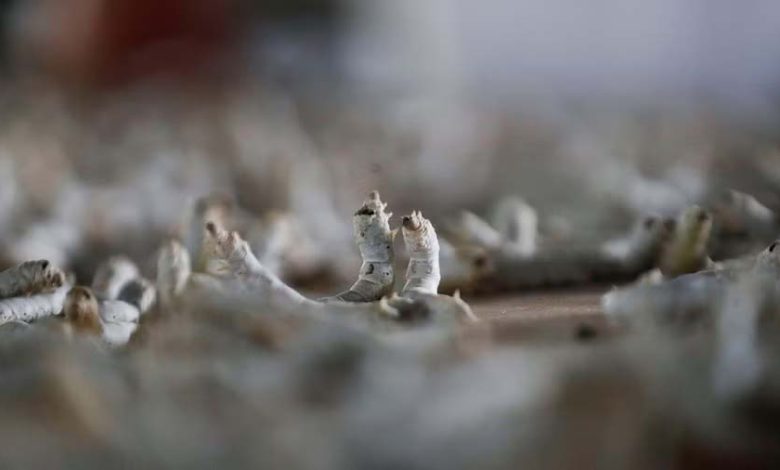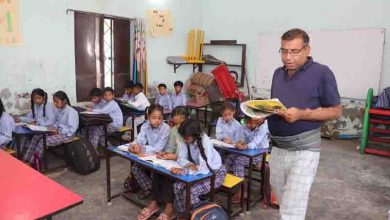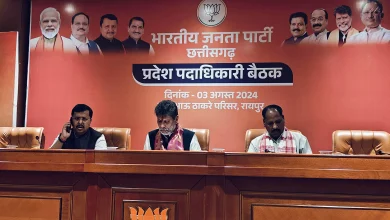Assam: Women are doing eri silkworm rearing

Nalbari, Assam: Akhri Bodo has been rearing eri silkworms for many years, but the administration of her home district Nalbari launched a unique initiative to enable rural women like her to avail several welfare schemes for sustainable livelihoods. Akhri, who once reared eri worms in her kitchen, now has a proper shed for it and is earning well. “I could hardly grow two-three crops a year as I did not have a proper shed and feeder leaves were also not available. Now I am able to grow five-six crops annually and earn Rs 8,000-10,000 per crop,” said Akhri, a resident of Naura village in Barkhetri Development Block. Rural women in the district are benefiting from a unique model that uses MNREGA and other schemes for livelihood creation as well as infrastructure creation. District Commissioner Varnali Deka said the initiative focuses on creating sustainable livelihood models for rural women by bringing together the benefits of various government schemes.
“This is a multi-faceted livelihood initiative, in which we have made special efforts to create self-sustaining value chains, leading to a greater contribution of women to the economy. The initiative has ensured that women can take up commercial rearing along with their daily household chores,” Deka said. “Nalbari district has small land size and the population density is the third highest in the state. There was a need for suitable livelihood options for women, as the district has a thriving ecosystem of women self-help groups under the Rural Livelihood Mission.” This required exploring non-land dependent sustainable livelihood options and the administration decided to encourage the traditional eri rearing culture of the district, she said. For the production of feeder leaves, large-scale plantations of eri, keseru and tapioca were planted on the banks of 78 newly constructed Amrit Sarovars, which also boosted the greening initiative in the district. In most cases, the maintenance work lies with the cluster level groups comprising the beneficiaries. Eri sheds have been provided to 200-250 self-help group women in each of the seven development blocks of the district through MNREGA. These huts are ergonomically designed to provide a controlled and conducive environment for the eri silkworms, with the size designed for optimum utilisation of space in terms of investment and returns.
Deka claimed that within six months of its launch, the initiative has covered thousands of families in the district, providing better livelihood options with incremental efforts. The DC said that since the launch of the initiative, the district has achieved self-sufficiency in eri seed production. Earlier it had to be brought from the Central Silk Board under Kamrup and Sericulture Ministry, but now the district is not only meeting local supply but also supplying to textile mills of Rangia, Bajali and Panikhaiti, Guwahati. The Nalbari-based Sericulture Department has exported 4,000 kg of cocoons to mills in Coimbatore, Bengaluru and Malda. Today, with the assistance of the department, the rearers are storing the cocoons and retailing them at Rs 900-950 per kg. The official said that 15 kg more cocoons will be exported by the end of this month. Under the initiative of the district administration, an eri spinning unit has been set up in an integrated school building under Barkhetry development block, where 40 machines have been installed. Up to 180 to 200 grams of yarn can be spun per day, while through traditional methods only 60-70 grams of yarn can be spun per day, which is of coarse variety and sells at a low price. The DC said that market linkages are also being provided to rearers through exhibitions like ‘Nalbera Haat’ in various local areas, while by partnering with e-commerce platforms like ‘My Store’, eri products are reaching a wider market.





